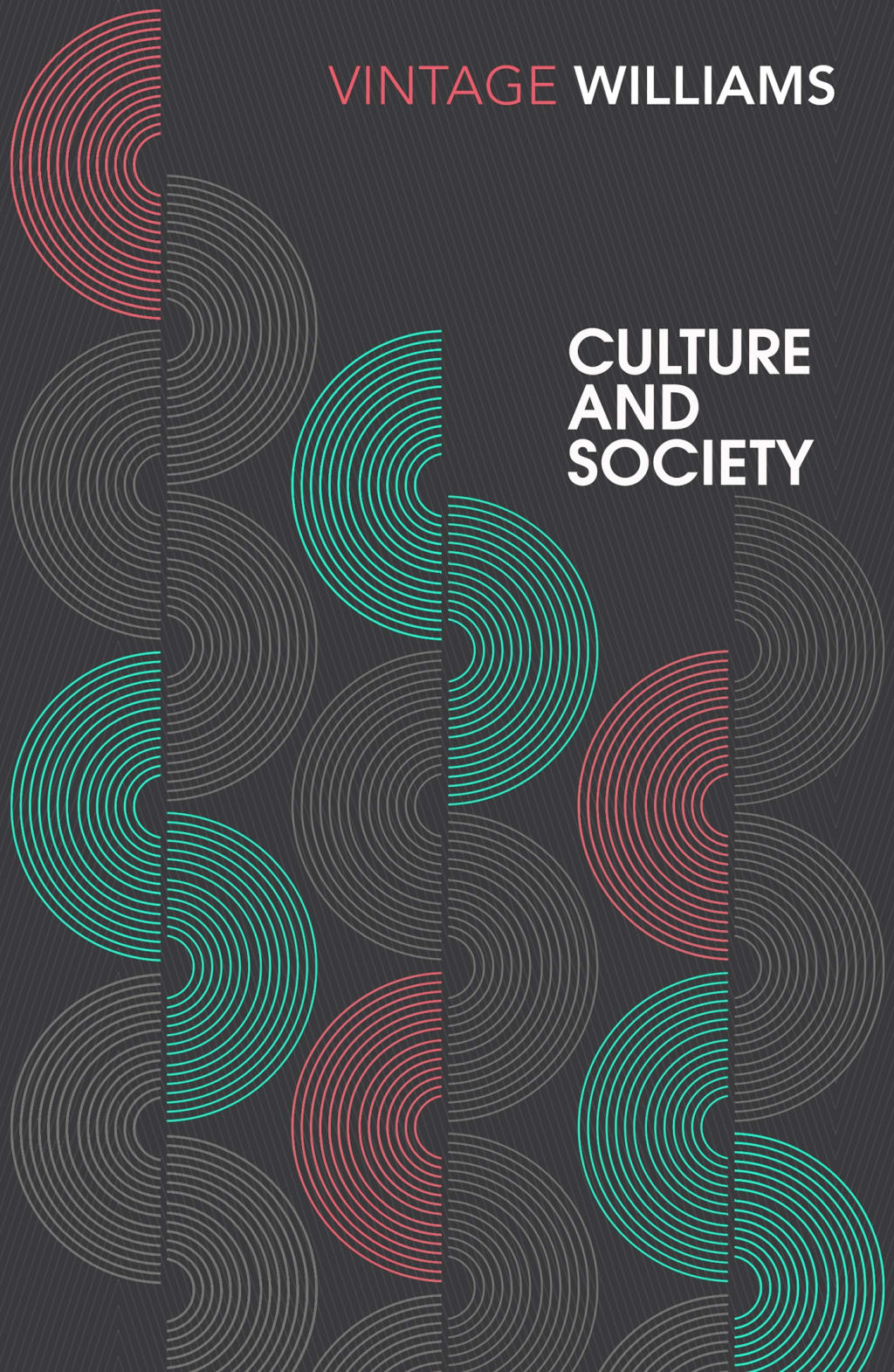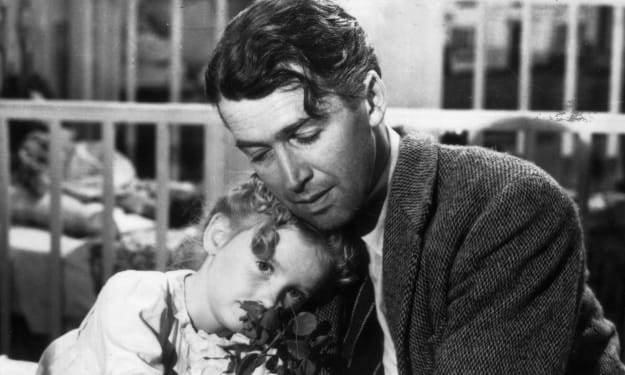Book Review: "Culture and Society" by Raymond Williams
4/5 - A well-written critique on literary influence via cultural and economic factors...

The book “Culture and Society” by Raymond Williams starts out by outlining what the various terms mean in the condition that they are about to be used. The various forces involved in the way in which we are supposed to see these things through a literary lens. From Wordsworth to Byron, from Shelley to DH Lawrence and all the way down to George Orwell and T.S Eliot, Raymond Williams analyses and scrutinises the authors of economic power, the cultural influences and the ways in which these people were part revolutionary and part of the time in which they were involved. The cultural history may not be all that surprising at all when we look at the first-hand and second-hand sources that Raymond Williams have to offer - including the writings of the authors themselves. The way in which British culture has so closely been associated with its literary output is about to be put underneath a microscope that will make you question the various things you previously understood about the lines out of Orwell’s books that are used to mark our new eras and the Romantic Arts where Shelley, Byron and Keats wrote poetry that live on to this day as some of the most revolutionary ever written. The language is very clear and the organisation is easy to follow, though the ideas may not be as original as the author themselves sees them - I still believe that out of all the books on culture, next to “Culture and Anarchy” by Matthew Arnold, this has to be one of the more important ones.
Here are some quotations just to give you an idea of how easy this is to follow, draw an argument from and understand. It is one of the best parts about reading this book, nothing is made more difficult than it needs to be (which seems to be one of the more common themes of literary and cultural studies - to make everything harder than it needs to be). So let us take a look at quotations in hand:
“Than the poets from Blake and Wordsworth to Shelley and Keats, there have been few generations of creative writers more deeply interested and more involved in study and criticism of the society of their day. Yet a fact so evident, and so easily capable of confirmation, accords uneasily in our own time with that popular and general conception of the ‘romantic artist’ which paradoxically has been primarily derived from study of these same poets. In this conception, the Poet, the Artist, is be nature indifferent to crude worldliness and materialism of politics and social affairs; he is devoted, rather, to the more substantial spheres of natural beauty and personal feeling. The elements of this paradox can be seen in the work of the Romantic poets themselves, but the supposed opposition between attention to natural beauty and attention to government, or between personal feeling and the nature of man in society, is on the whole a later development.”
If we were to look objectively at that paragraph we can draw a few conclusions from the argument that is to follow - two in particular. The first one is the way in which we see the romantic poets may not be the way they saw themselves and the second one is the cultivated idea of the romantic poet basis itself on time, place, economical value and the way in which the poet understands their time and surroundings. After this, the argument is put forward to us, but by now because of the simplicity of the introduction, we can follow by understanding it as a step-by-step process rather than a big philosophical question trying to shoe-horn every available answer wherever possible.
In conclusion, there is something deeply satisfying about reading this book, though I have heard some of the arguments before - the arguments themselves are well-written, they are articulated with a decent amount of precision and the way in which Raymond Williams talks about the various ideas shows us that he has clearly done his homework on each author and each era in which they lived and wrote, their economic values upon the society they lived included within.
About the Creator
Annie Kapur
200K+ Reads on Vocal.
English Lecturer
🎓Literature & Writing (B.A)
🎓Film & Writing (M.A)
🎓Secondary English Education (PgDipEd) (QTS)
📍Birmingham, UK






Comments
There are no comments for this story
Be the first to respond and start the conversation.